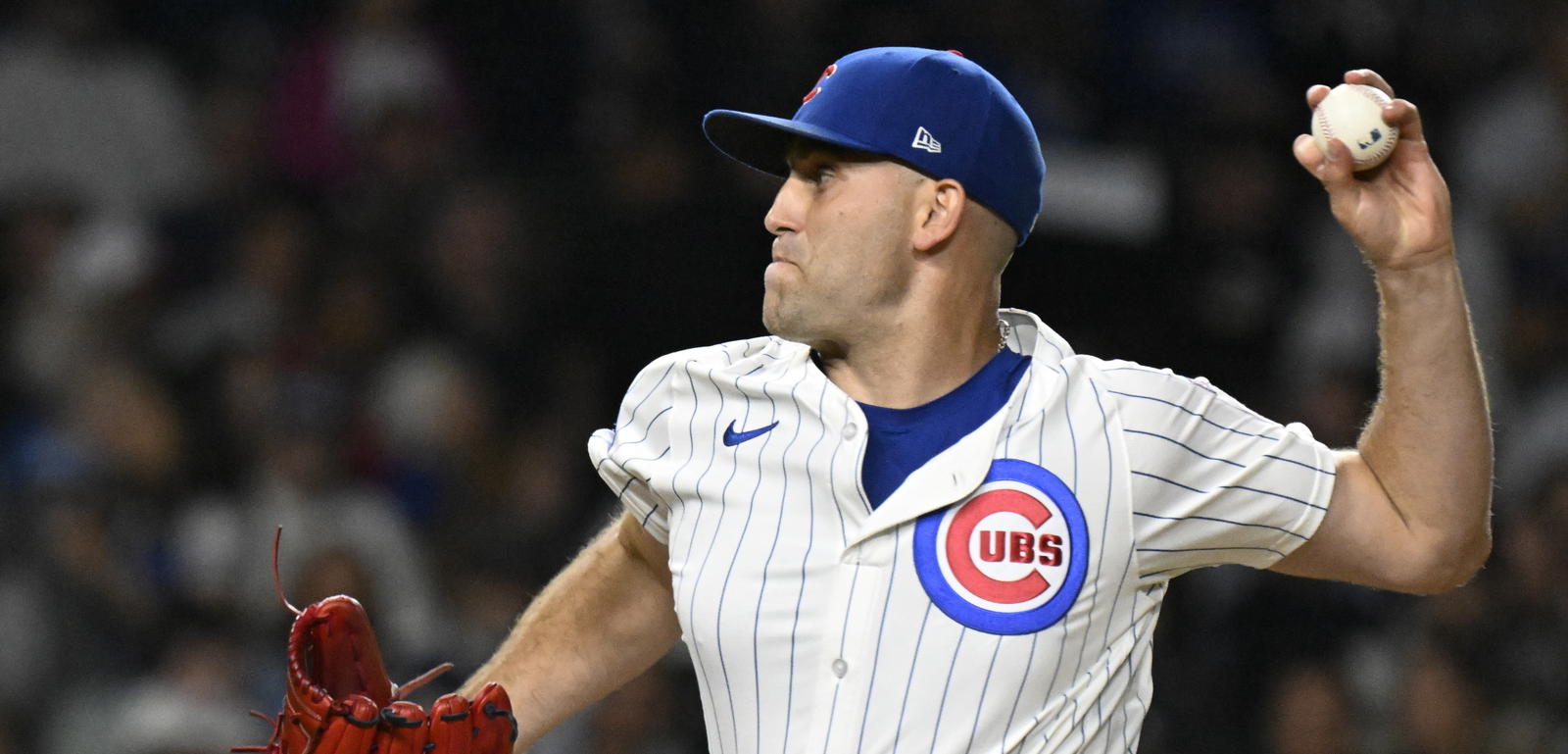

Matthew Boyd’s Short Start in Game 1 Could Be the Cubs’ Silver Lining
Playoff baseball doesn't get much better than Wrigley Field with the season hanging on by a thread. With the Chicago Cubs facing elimination, every pitch could be the one that makes or breaks October in the Windy City. The Cubs have been here before — teetering between survival and collapse — and once again, they’ll turn to a veteran lefty who’s got something to prove.
Game 1 of the National League Division Series couldn’t have gone much worse for the Cubs.
Starter Matthew Boyd got tagged for six runs in the first inning and didn’t even get Cubs hitters back up to bat before manager Craig Counsell had to turn things over to the bullpen. The game was essentially over before it even started, with Boyd getting knocked around the yard while pitching on short rest.
At the time, I argued that starting Boyd in Game 1 was a sloppy decision by Counsell. The left-hander has limited experience throwing on short rest and hasn’t had much success when he’s tried. Instead of handing the ball to Javier Assad or Colin Rea, Chicago’s attempted chess move turned out to be an overplayed hand.
But as the Cubs cling to life and face their second straight elimination game Thursday night, that disastrous outing might actually come with a hidden blessing.
The Cubs don’t have many arms left to turn to. While Jameson Taillon pitched well enough in Game 3 to keep hope alive, Counsell had to empty the chamber and throw all of his best relievers to survive. Drew Pomeranz, Daniel Palencia, Andrew Kittredge, and Brad Keller all threw 15-plus pitches on Wednesday night. None are necessarily unavailable for Game 4, but Chicago will need to get creative with a group that’s clearly running on fumes.
And the rotation isn’t in much better shape. Taillon and Shōta Imanaga aren’t ready to go, and it’s tough to trust someone like Ben Brown, Aaron Civale, or Michael Soroka in an elimination spot.
Like it or not, Matthew Boyd is the Cubs’ best bet to keep their season alive and send the series back to Milwaukee. The silver lining? This time, he’ll be pitching on regular rest. Four full days have passed since his Game 1 debacle, and he only threw 30 pitches that afternoon — far from the typical workload for a starter.
Maybe, just maybe, that means Boyd’s arm is fresher than ever.
On a night when Chicago desperately needs length and poise from its starter, Boyd’s abbreviated first outing could end up being the very thing that saves the Cubs’ season. If he answers the call and deals, the Game 1 nightmare might just become the silver lining Cubs fans didn’t know they needed.

